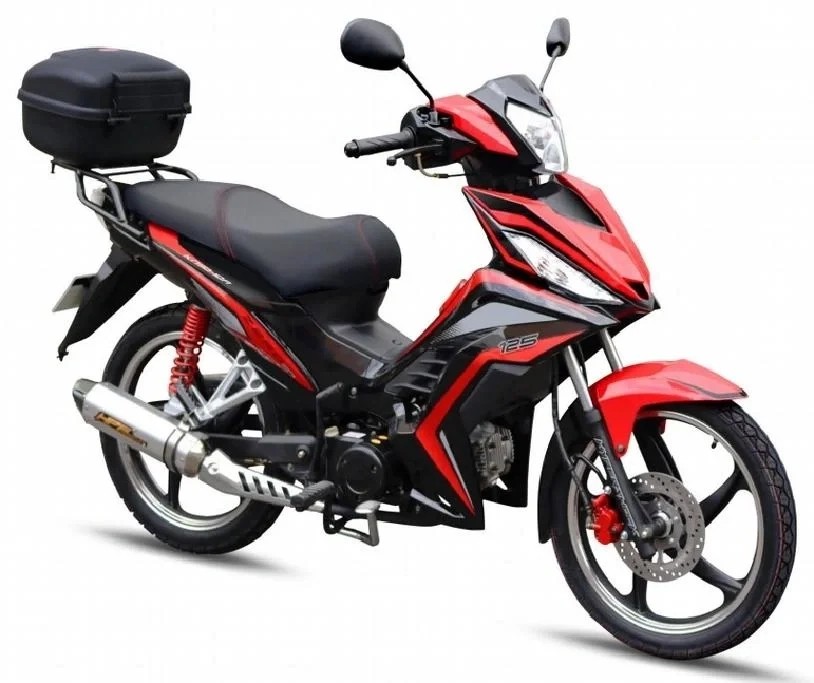Revolutionizing Transportation: Unveiling the Cutting-Edge Technologies Shaping the Future
3 min readIn today's fast-paced world, transportation plays a pivotal role in connecting people, goods, and ideas across the globe. Technological advancements have revolutionized the way we travel, making it faster, safer, and more efficient. This article explores the diverse range of technologies used in transportation, from traditional modes to futuristic innovations, highlighting their impact on our daily lives.
- Intelligent Transportation Systems (ITS):
Intelligent Transportation Systems encompass a wide array of technologies aimed at enhancing the efficiency and safety of transportation networks. These systems utilize advanced sensors, communication networks, and data analytics to optimize traffic flow, reduce congestion, and improve overall transportation management. Examples include:
- Traffic Management Systems: Utilizing real-time data from cameras, sensors, and GPS, traffic management systems monitor and control traffic signals, dynamically adjusting signal timings to alleviate congestion and improve traffic flow.
- Electronic Toll Collection (ETC): ETC systems, such as RFID-based tags or license plate recognition, enable seamless and cashless toll payments, reducing delays and enhancing the efficiency of toll plazas.
- Advanced Traveler Information Systems (ATIS): ATIS provides real-time information to travelers, including traffic conditions, alternative routes, and public transportation schedules, empowering them to make informed decisions and optimize their travel plans.
- Electric Vehicles (EVs):
As the world embraces sustainable transportation, electric vehicles have emerged as a game-changer. EVs utilize advanced battery technologies and electric motors to replace traditional internal combustion engines, offering numerous benefits:
- Environmental Impact: EVs produce zero tailpipe emissions, reducing air pollution and combating climate change.
- Energy Efficiency: Electric motors are more efficient than internal combustion engines, converting a higher percentage of energy from the grid to power the vehicle.
- Cost Savings: Although the initial cost of EVs may be higher, they offer lower operating and maintenance costs due to fewer moving parts and reduced reliance on fossil fuels.
- Hyperloop Technology:
The Hyperloop, a revolutionary transportation concept, aims to propel passengers and cargo through low-pressure tubes at incredible speeds. This futuristic technology, conceptualized by Elon Musk, combines several cutting-edge innovations:
- Magnetic Levitation (Maglev): Hyperloop pods levitate using magnetic forces, eliminating friction and allowing for high-speed travel with minimal energy consumption.
- Vacuum Tubes: By creating a near-vacuum environment inside the tubes, air resistance is significantly reduced, enabling the pods to reach speeds exceeding 700 mph (1100 km/h).
- Renewable Energy Integration: Hyperloop systems can harness renewable energy sources, such as solar power, to generate the electricity required for propulsion, making it an environmentally friendly transportation solution.
- Autonomous Vehicles (AVs):
Autonomous vehicles, also known as self-driving cars, are poised to transform the transportation landscape. These vehicles leverage a combination of technologies to navigate and operate without human intervention:
- Sensors and Perception Systems: AVs employ a range of sensors, including LiDAR, radar, and cameras, to perceive their surroundings and detect obstacles, pedestrians, and other vehicles.
- Artificial Intelligence (AI): AI algorithms process sensor data, enabling AVs to make real-time decisions, plan routes, and respond to dynamic traffic conditions.
- Connectivity: AVs rely on advanced communication systems to exchange data with other vehicles, infrastructure, and traffic management systems, enhancing safety and enabling cooperative driving.
Conclusion:
The transportation industry is undergoing a technological revolution, with innovations like Intelligent Transportation Systems, Electric Vehicles, Hyperloop, and Autonomous Vehicles reshaping the way we move. These advancements not only enhance efficiency and safety but also contribute to a more sustainable and connected future. Embracing these technologies will undoubtedly pave the way for a transportation system that is smarter, greener, and more accessible for all.


